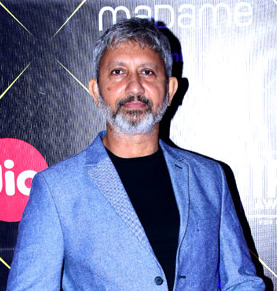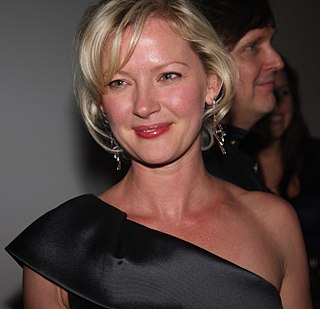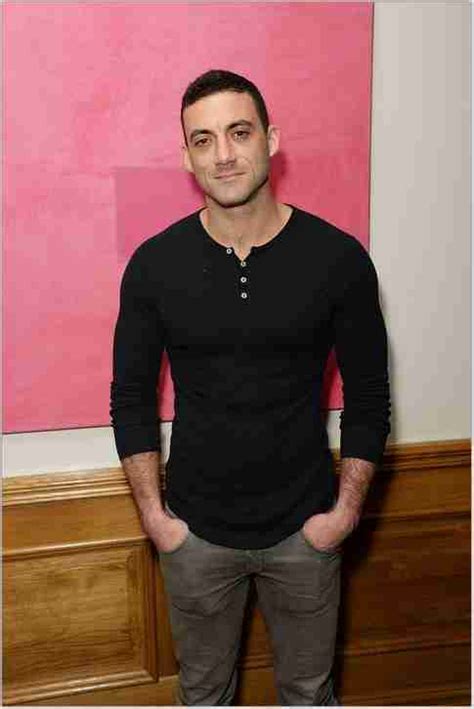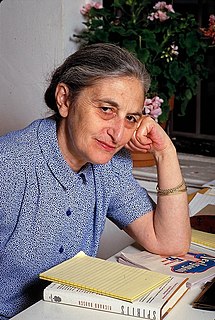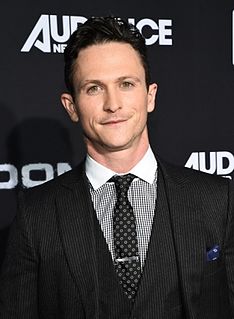A Quote by Neeraj Kabi
I like to enter my characters through a physical form first. The first thing I find is the regime of the character - when he wakes up tomorrow, what activities does this person engage in - that's my entry point. Once I get that, then it becomes easy for me.
Related Quotes
I find myself speaking through the other characters, putting ideas in their voices and heads. Writing almost becomes a splitting of myself into multiple personalities. But I don't write to make an argument on behalf of any of the characters, or to prove anything about a character. I think that's important that I be serving the story first and not my own point of view.
The writer must always leave room for the characters to grow and change. If you move your characters from plot point to plot point, like painting by the numbers, they often remain stick figures. They will never take on a life of their own. The most exciting thing is when you find a character doing something surprising or unplanned. Like a character saying to me: ‘Hey, Richard, you may think I work for you, but I don’t. I’m my own person.’
If everyone's happy, then I'm the character where when I enter that means there's trouble. In a movie, when I enter, it's not a good thing. But I know where I'm at. But, you know, you don't have to call me by my character's name for months on end. Football taught me that, because you can go from being best friends to having to play that person on another team, you have to be able to turn that on and off. You need to find that middle ground.
First I might say that when a person, when a man separates from his wife, at the out start it's a physical separation but it's not a psychological separation. He still thinks of her in, in probably warm terms. And, but after the physical separation has taken, existed for a period of time, it becomes a psychological separation as well as physical. And he can then look at her more objectively. My split or separation from the Black Muslim movement at first was only a physical separation, but my heart was still there and it was impossible for me to, for me to look at it objectively.
With the television thing you have this lull of time where you're not with the character. And when you get those first pages, you're like, "Who is she again? Huh? Where did we leave off?" Then you show up at the read-through and all of the sudden the voice is there, and you realize that the character is still stewing in you all that time, even in the downtime.
I always work out first thing in the morning, because if I don't, it won't get done. To me, it really comes down to my priorities. Because those are the things that are important to me: my spirituality, centering with the universe and God, and then getting my workout in and putting my health first. That makes everything else feel easy. Anything that comes up, I feel like I can conquer it throughout the day.
Through death you find yourself, because you no longer identify with form. You realize you are not the form with which you had identified neither the physical nor the psychological form of "me". That form goes. It dissolves and who you are beyond form emerges through the opening where that form was. One could almost say that every form of life obscures God.
The first time I remember women reacting to me was when we were filming Hud in Texas. Women were literally trying to climb through the transoms at the motel where I stayed. At first, it's flattering to the ego. At first. Then you realize that they're mixing me up with the roles I play - characters created by writers who have nothing to do with who I am.
You have to eat, all day, and you have to have the right fuel to get you through different physical and mental obstacles that fighters have to get through. Just dealing with the diet alone becomes an all-encompassing, fully immersive experience. And then, there's the physical side of it, having to put your body through everything required to make you look like a fighter.
First person allows deeper insight into the protagonist's character. It allows the reader to identify more fully with the protagonist and to share her world quite intimately. So it suits a story focused on one character's personal journey. However, first person shuts out insights into other characters.
